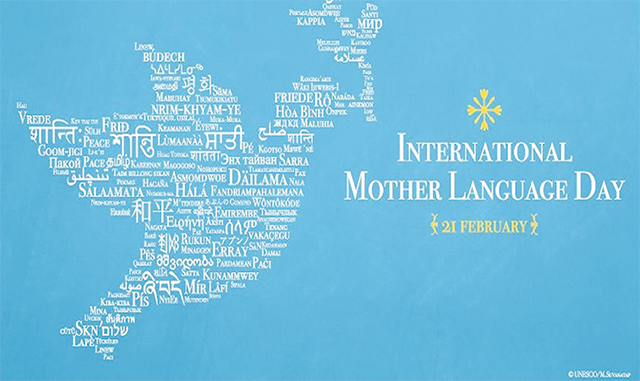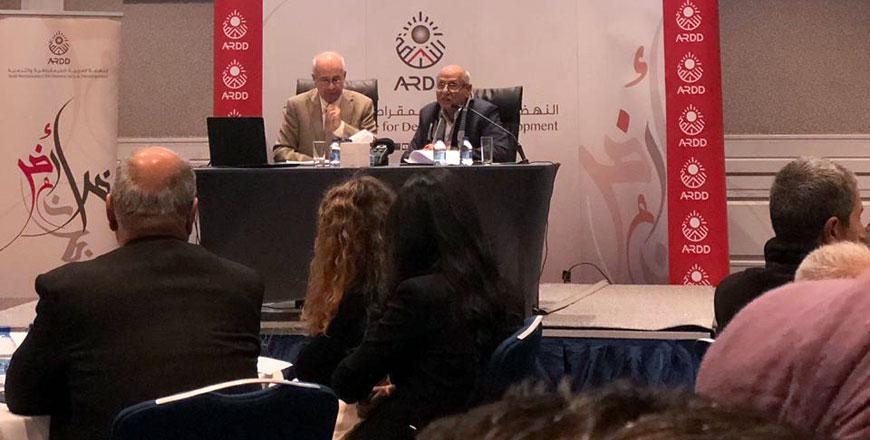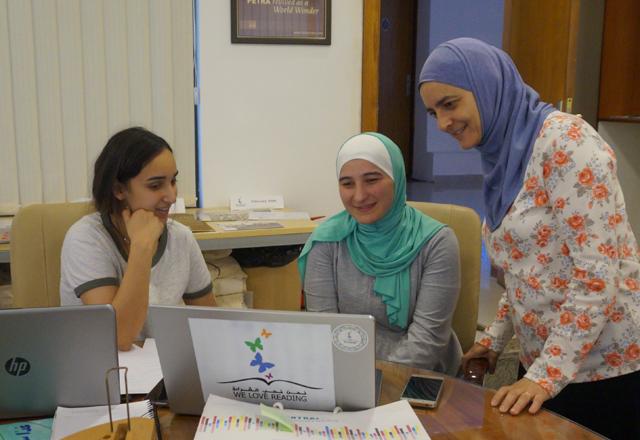You are here
Mother Language Day: Impact of mother tongue on children’s identity
By Maria Weldali - Feb 22,2024 - Last updated at Feb 22,2024

AMMAN — On International Mother Language Day, celebrated annually on February 21, Jordanian educators emphasised the importance of a strong mother-tongue foundation for excelling in learning new languages. This year’s theme, “Multilingual education – a pillar of learning and intergenerational learning”, underscores the role of multilingual education policies in achieving sustainable development goals.
The UN-designated day promotes linguistic and cultural diversity, recognising that multilingual and multicultural societies exist through their languages, which transmit and preserve traditional knowledge and cultures sustainably.
Speaking with The Jordan Times on Wednesday, Khloud Efishat, a Jordanian Arabic language teacher, stressed that the mother language should be the primary means of communication among Arabic speakers.
She also warned that younger generations’ preference for English could affect their mother language, hindering their development and educational attainment.
Life coach Shayma Awad said that many parents mistakenly focus on their children’s English skills at the expense of their native language, adding that speaking one’s own language not only preserves cultural experiences but also enhances the capacity to learn other languages.
“Some parents prefer using English due to its perceived prestige, while others see it as a gateway to significant opportunities for their children, particularly during their university years,” she said.
She further noted that, “Parents and educators involved in multilingual literacy programmes and activities understand the profound impact this has on the evolving identities of children.”
Noor Tarawneh, mother of two, told The Jordan Times that she communicates with her children in English. She expressed confidence in their eventual acquisition of Arabic, saying that, “Arabic will naturally come with time…”
The UN reports that 40 per cent of the world’s population lacks access to education in their native language. Furthermore, every two weeks, a language disappears, taking with it an entire cultural and intellectual heritage. At least 45 per cent of the estimated 7000 languages spoken globally are endangered.
Related Articles
AMMAN — Marking World Arabic Language Day on Wednesday, and out of the belief that Arabic is central to civic participation among Arab Natio
AMMAN — The Arabic language has a pivotal role in shaping Jordanians’ identity and shared culture, according to educators. On World Ara
AMMAN (UNESCO) — A passionate change maker, Rana Dajani founded “We Love Reading”, a community-based programme designed to foster the love o














